The more professional and certainly the commercial ones have been at the very least cleaned up, if not fully produced in a DAW like Ableton or Cubase as you rightly say, so thats not a level playing field Jim and is unfair on yourself to compare with those.
And i agree, you dont wanna be spending hours messing around mastering mixes, wheres the fun in that?
Im telling you how to suck eggs here, but what we CAN do, is the basics... Get your settings spot on, never punch above 0db or in to the red and clip.
What i do before hand is set the recorder on the booth out so its totally separate from the master. If you mixer aint got booth out your stuck with the master out, thats fine but remember to never touch it once set!
Set two of the most dynamic choons that your gonna be using ,off, together, not beat matched, just playing, it don't matter for this, your just finding the peak level.
Set your gains, wack the lines up to the top, and take each eq to the 11 oclock position, with both decks playing and bring down the levels so the VU on the mixer just touches red, and the levels on the recorder stay below -2 db or so- now by rights however wild you go bringing a tune in it should never start to clip.
Pay attention to your levels throughout your recording.
Remember you can always use software to amp up a quiet recordng, where as an overloud clipped recording is fucked.
The recording? i take it your doing that digitally?
Use WAV, and have your sample rate set to no less than 44kh or more if your processor can take it.
Id say sample rate is slightly more important than bit rate, as this sets the frequency range cut off -
human hearing tails off at the upper range of about 20kh and tails off with aging, a rough rule of thumb is you sample rate wants to be twice your desired upper frequency cut off.. top of me head cds settle for 44100hz, its good enough for them it'l do for me

That shit made sense in my head so anything unclear, ask away!




